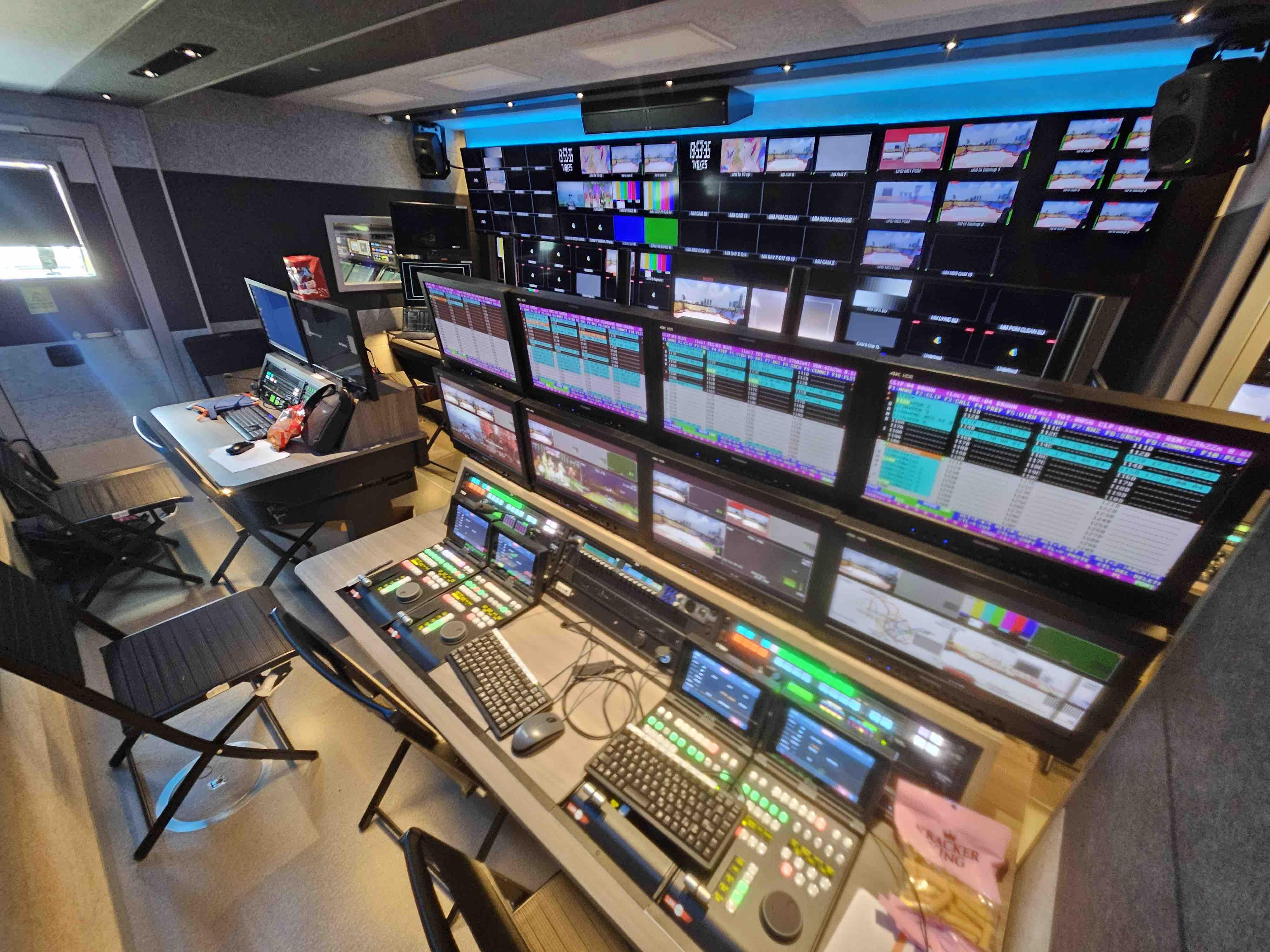Computer and music industry keep government intervention at bay
Several major recording companies have agreed not to seek government intervention to prevent stealing of their music. The decision comes in a compromise with computer manufacturers that have been fighting government-mandated anti-piracy roadblocks in their consumer products.
However, the agreement is vague and tentative, and appears far from resolving the contentious copyright protection issues facing various sectors of the entertainment content industry. It could be a setback for motion picture and television studios that have sought government-enforced anti-piracy systems for home video and digital television broadcast and subscription delivery systems.
The music industry and two trade groups representing computer makers and software companies hammered out the pact, whose main component is mutual agreement to keep the government out of the picture. As part of the agreement, the Recording Industry Association of America (RIAA) resolved that under most circumstances it will oppose legislation that would require computers and consumer electronics devices to be designed to restrict unauthorized copying of audio and video material.
This is a key concession. Computer makers have vigorously opposed any restrictions on computing hardware, which they contend will slow innovation, raise prices and have little effect on reducing music piracy.
“This agreement says that those who seek to put the burden of piracy on the technology are simply missing the point,” said Robert Holleyman, president of the Business Software Alliance, a group that has Microsoft, Apple Computer and Adobe among its members. “Technology can be part of the solution, but it is not the entire solution.”
After announcing their agreement in Washington, the groups said they would now begin to discuss technical solutions to combat the illegal copying of digital material. The agreement calls for the parties to support technical measures to limit the illegal copying of digital content, so long as those measures don't destroy individual Internet users' data or equipment and don't violate privacy rights.
There were immediate indications, however, that the agreeing parties are willing to go only so far. The Business Software Alliance and another technology group, the Computer Systems Policy Project, noted they would not support newly introduced legislation in Congress that seeks to clarify and bolster the rights of people to use copyrighted material in the digital age.
The professional video industry's #1 source for news, trends and product and tech information. Sign up below.
A leading proposal, introduced by Virginia Rep. Rick Boucher and supported by several consumer groups and some technology companies — including Intel and Gateway — seeks to relax many of the harsher restrictions mandated by the 1998 Digital Millennium Copyright Act. The law, now under strong attack by consumer activists, makes it a crime for a consumer to make a backup copy or use a clip of video from a commercial DVD.
Consumer electronics industry officials did not join the agreement, preferring a legislative solution similar to the Boucher bill. This is necessary, they contend, to ensure that consumers can make fair use of digital copyrighted material even when it is secured with technology meant to prevent illegal copying.
The motion picture industry has demanded federal laws to prevent piracy. The studios worry that digital television broadcasts and feature films copied from DVD discs can easily be traded over the Internet when broadband connections become more common.
Jack Valenti, president of the Motion Picture Association of America, said the studios “are not prepared to abandon the option of seeking technical protection measures via the Congress or appropriate regulatory agency, when necessary.”
For more information visit http://www.bsa.org.
